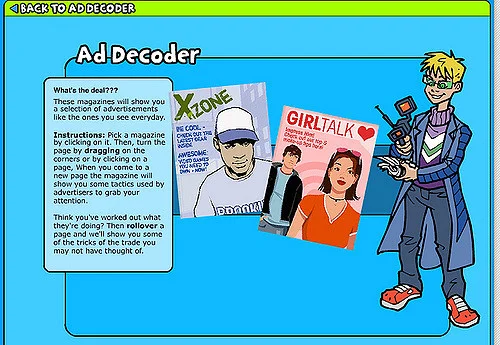Gamification - What's That?
/So, what does it mean to “gamify” something? It means to add elements or attributes that give that “something” a game-like feel, to make it engaging in the way that games are engaging. “Gamification” is the idea of adding game mechanics (jargon for those elements that make games engaging) to a process with the intent to convincing people to interact more and longer.
Here’s a video of Jane McGonigal at the 2011 Gamification Summit explaining what makes games so alluring and how adding those elements — gamification — to processes can encourage participation in ways you’ve never imagined.
You may have heard of Jane McGonigal. She creates alternate reality games, such as Evoke. She was on NPR discussing how she created a game called Superbetter that helped her recover from brain damage that she suffered due to illness. She also wrote a great book, Reality is Broken, which explains how we can leverage the power of game mechanics to make different aspects of life more engaging. This video gives a good introduction to her book thesis as well. Jane speaks for the first 25 minutes, then answers questions for the remaining 23 minutes.
Jane McGonigal: How Games Can Change The World
from The Gamification Summit on FORA.tv
Now that you get the gist of gamification, what examples or stories of gamification come to mind?
What examples can you think of in marketing or even inside businesses that might be making use of gamification?





















